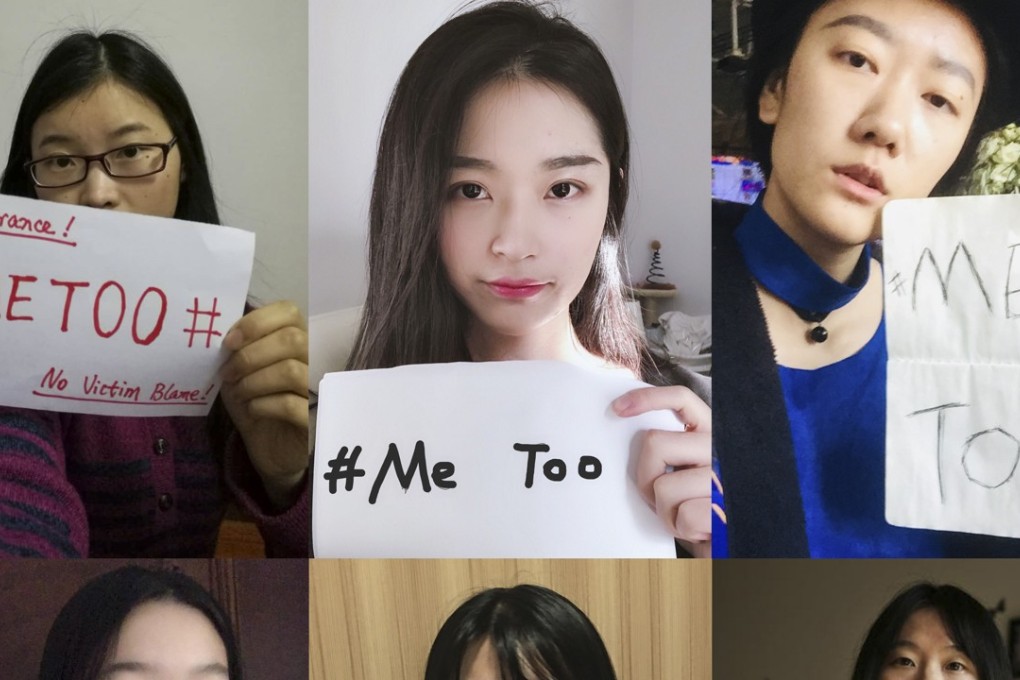Language Matters | China’s #MeToo censorship bypassed through netizens’ creative use of language
Social-media users circumvent state’s online filters to join global anti-abuse movement

Hashtags have become a part of our language and, in today’s social media environments, can hold immense power.
The phrase #MeToo was first used in its current context in a 2006 campaign started by African-American activist Tarana Burke to raise awareness of sexual violence. #MeToo witnessed a resurgence beginning on October 15, 2017, when actress Alyssa Milano posted an open letter on Twitter encouraging victims of sexual abuse to share their stories to highlight the magnitude of the problem. Overnight, #MeToo had become a global movement, used by female (and male) victims of sexual harassment or abuse, and by anyone wishing to show solidarity.

While social media affords a platform for the global spread of messages such as these, certain regimes pose challenges. #MeToo and its literal translation in Mandarin, #我也是 (#WoYeShi, or wǒ yěshì, meaning “me too”), and #MeToo在中国 (or “me too in China”) – which hit China’s academic world on the first day of the new year, with United States-based Chinese scholar Luo Xixi posting allegations on Weibo against her former doctoral supervisor – have been subject to suppression. In the second half of January, censors deleted hundreds of social media posts and petitions in support of the #MeToo campaign, which included the primary hashtag of China’s campaign #MeTooInChina or related phrases such as “anti-sexual harassment”, and closed related topic forums.

